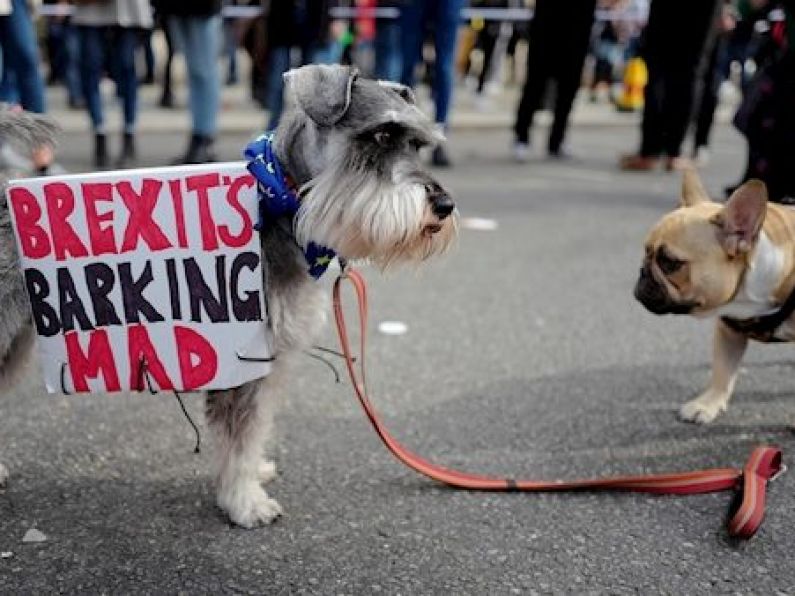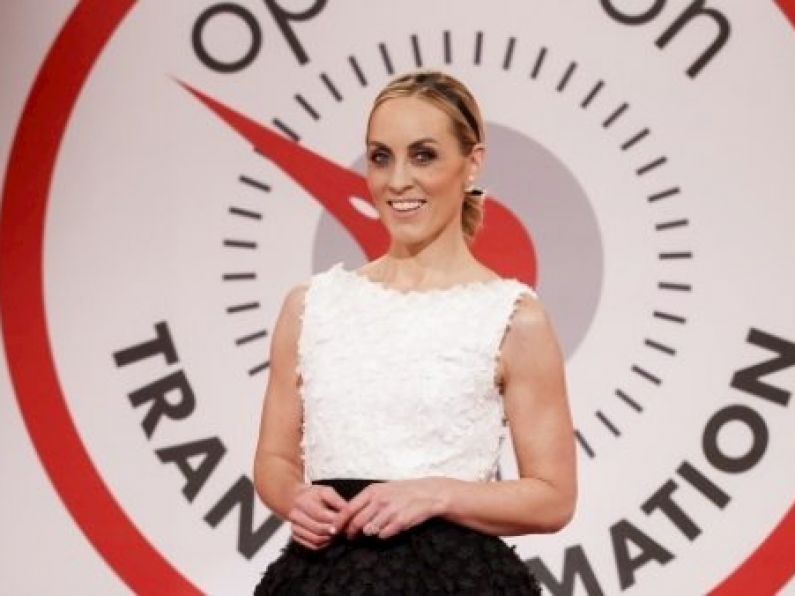Progress must be made in crunch negotiations this week in order to broker a deal in time for the end of the Brexit transition period, the UK’s chief negotiator has warned his EU counterpart.
The UK's Lord Frost called for “more realism” from Brussels as he said the two sides “can no longer afford to go over well-trodden ground” in the deadlocked talks.
The negotiator’s words came ahead of him meeting EU chief negotiator Michel Barnier for the eighth round of talks, which will begin in London today.
The UK Government has sought to increase pressure on the EU, with UK Prime Minister Boris Johnson setting a five-week deadline for trade talks to succeed in time for the transition’s scheduled end-date on December 31st.
But concern has arisen after plans for new Brexit legislation emerged, which the EU fears the UK will use to override key elements of the Withdrawl Agreement, including the Northern Ireland protocol.
Lord Frost said: “Today, I will sit down with Michel Barnier and drive home our clear message that we must make progress this week if we are to reach an agreement in time.
“We have now been talking for six months and can no longer afford to go over well-trodden ground.
“We need to see more realism from the EU about our status as an independent country.”
Senior EU figures reacted angrily after it was reported the UK Government was set to table new legislation which could override key elements of the Withdrawal Agreement that sealed the UK’s departure from the bloc in January.
Mr Johnson's official spokesman said his government was proposing “limited clarifications” to the law to ensure ministers can preserve the gains of the Good Friday Agreement in the event of no deal.
The Internal Market Bill, to be tabled tomorrow, will ensure goods from Northern Ireland continue to have unfettered access to the UK market while making clear EU state aid rules, which will continue to apply in Northern Ireland, will not apply in the rest of the UK.
In addition, an amendment to the Finance Bill will give ministers the power to designate which goods going from Great Britain to Northern Ireland are considered “at risk” of entering the EU single market and are therefore liable to EU tariffs.
Mr Johnson's spokesman said discussions were continuing with the EU to resolve the outstanding issues relating to the Northern Ireland protocol, intended to ensure there is no return of a hard border with the Republic once the transition is over.
He said the legislative changes were a necessary “safety net” in the event that they were unable to come to an agreement.
But European Commission president Ursula von der Leyen warned there could be no backtracking by the UK on its previous commitments if it wanted to reach a free trade agreement.
“I trust the British Government to implement the Withdrawal Agreement, an obligation under international law and prerequisite for any future partnership,” she said.
“(The) protocol on Ireland-Northern Ireland is essential to protect peace and stability on the island and integrity of the single market.”
Minister for Foreign Affairs Simon Coveney warned that abandoning the agreement would be “a very unwise way to proceed”.
Mr Barnier said he would be seeking clarification about the UK’s plans.
He told French radio that honouring the Withdrawal Agreement was “a pre-condition for confidence between us because everything that has been signed in the past must be respected”.






